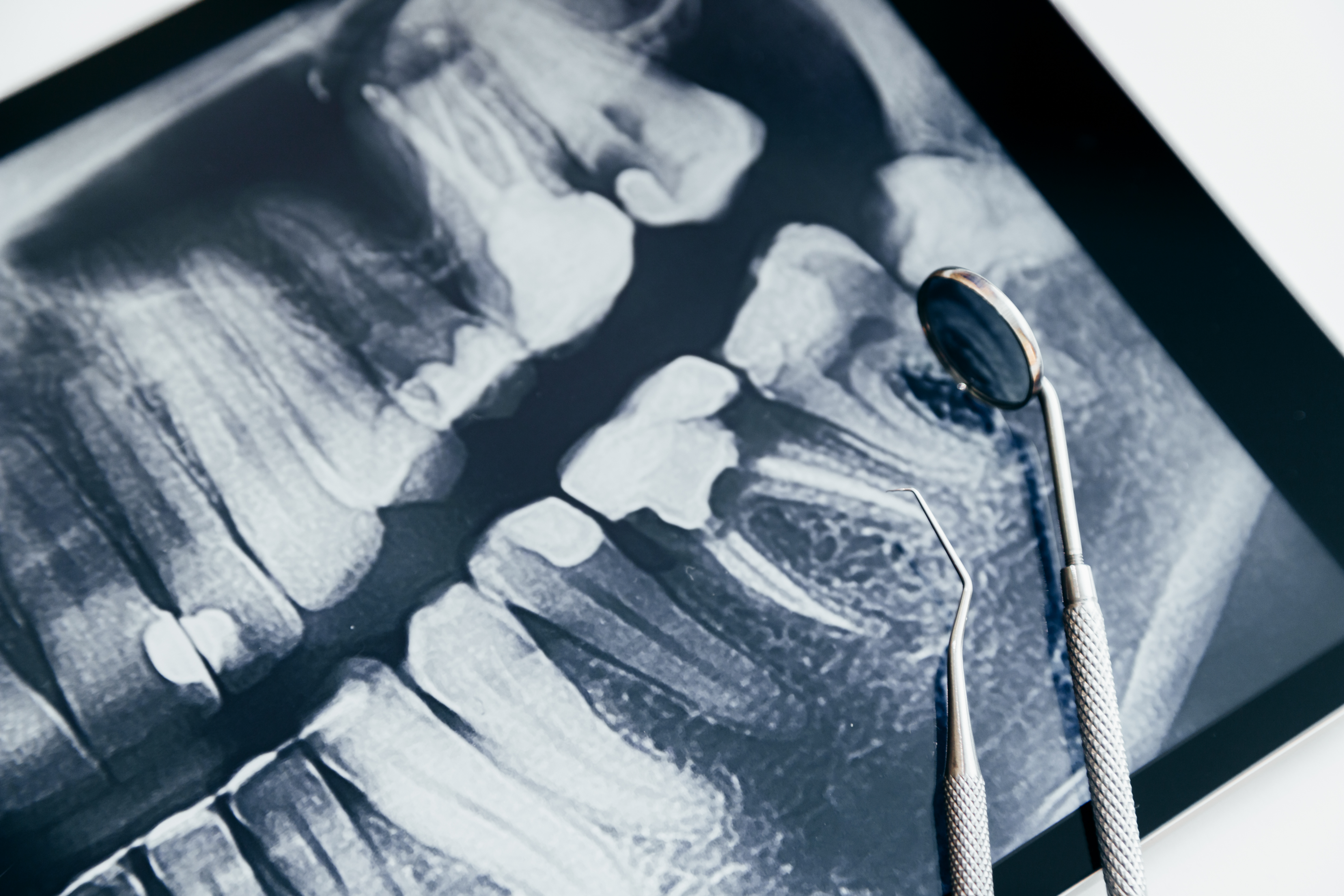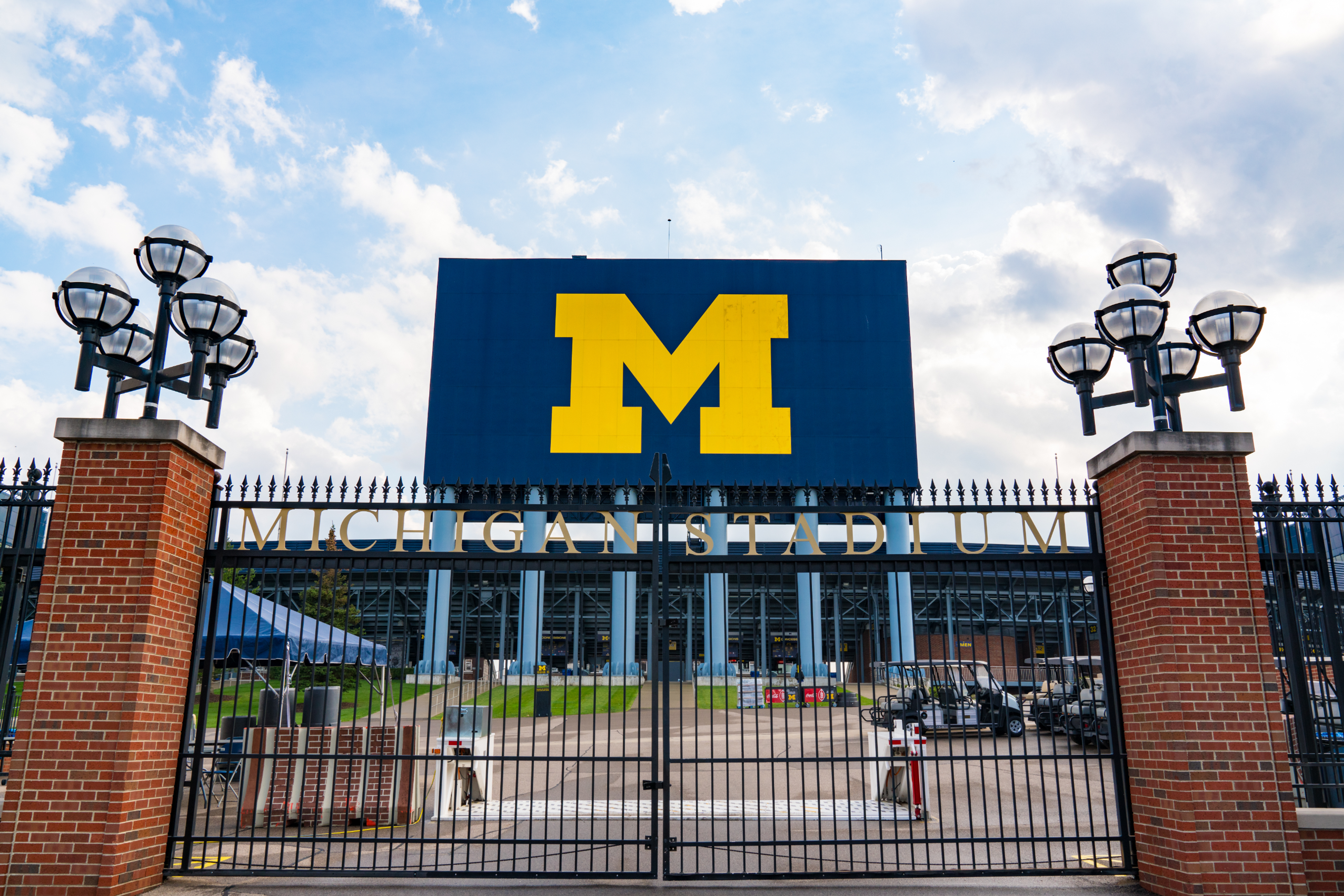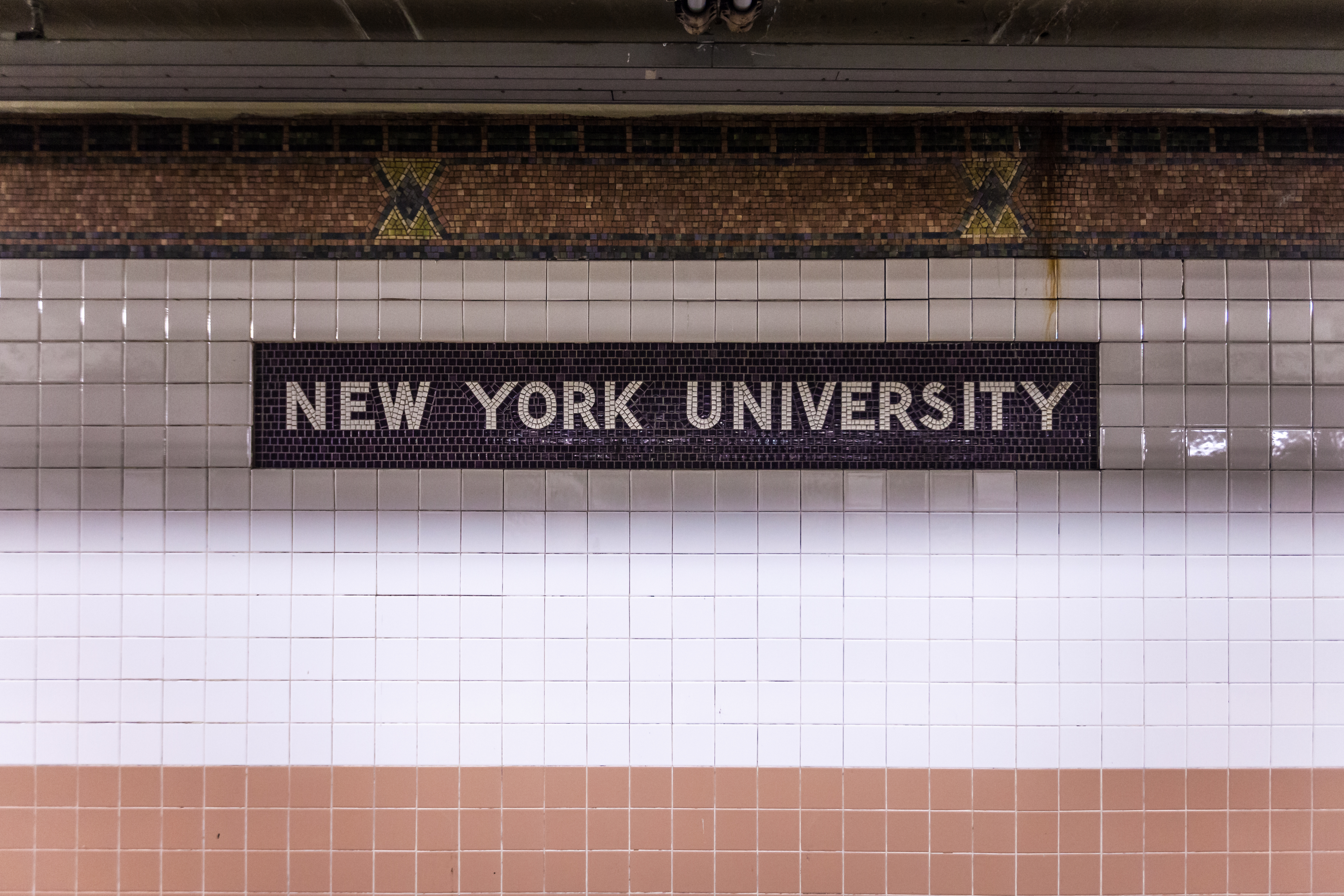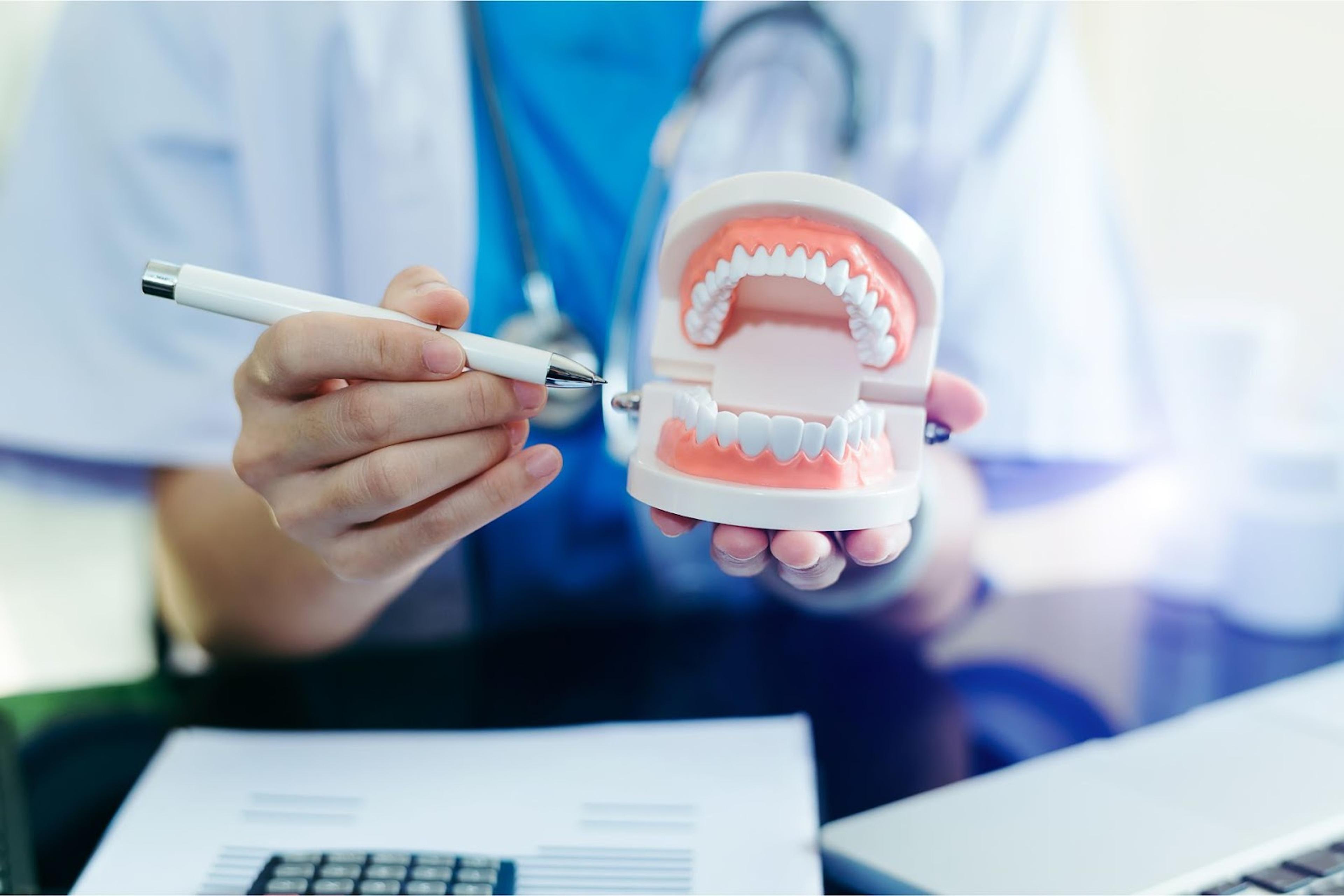University of Pennsylvania School of Dental Medicine: An Overview of Admissions Requirements
Are you considering applying to the University of Pennsylvania School of Dental Medicine? Our article provides a comprehensive overview of the admissions requirements, including GPA, DAT scores, letters of recommendation, and more.
Posted March 6, 2025

Table of Contents
If you are considering a career in dentistry, you may be aiming for the University of Pennsylvania School of Dental Medicine, one of the oldest dental schools in the nation. Located in Philadelphia, the school is consistently ranked as one of the top dental schools in the country, emphasizing both clinical skills and research. In this article, we’ll provide you with a detailed overview of admissions requirements for the UPenn School of Dental Medicine, including academic requirements, standardized tests, the application process, and more. By the end of this article, you will have a comprehensive understanding of what it takes to become a student at UPenn's prestigious dental school.
UPenn DMD Class Profile (Class of 2026)
- Class Size: 150
- Applicants: 2,211
- Acceptance Rate: 6.8%
- Average Overall GPA: 3.77
- Average Science GPA: 3.71
- Average DAT Score (Academic Average): 22.9
- Average DAT Score (Perceptual Ability): 21.8
- Average DAT Score (Science): 22.4
- Female Students: 64.7%
UPenn DMD Application Overview
Application Deadlines (2023-2024)
You may submit your application between May, when the AADSAS opens, and December 1. However, Penn Dental strongly encourages applicants to submit before September 1 due to the large applicant pool. The admissions committee begins reviewing applications in July and sends out final decisions starting on December 15, continuing into May.

Academic Prerequisites
Academic performance is a crucial factor in the admissions process at UPenn Dental. To be considered for admission, applicants must submit official transcripts showing the completion of 64 or more semester hours, with at least half of the hours being in basic science or math courses, by the time of their application. By the time of matriculation, applicants will need to have completed 96 semester hours in total and the following prerequisites:

- General Biology with lab (2 semesters/3 quarters)
- Additional coursework in anatomy, microbiology, and physiology are highly recommended
- Chemistry with lab (3 semesters/5 quarters) in either combination
- General/inorganic chemistry (2 semesters/3 quarters) and organic chemistry (1 semester/2 quarters) or
- Organic chemistry (2 semesters/3 quarters) and general/inorganic chemistry (1 semester/2 quarters)
- Additional coursework in physical chemistry is recommended
- Biochemistry (1 semester/1 quarter)
- Physics with lab (2 semesters/3 quarters)
- Mathematics (1 semester/2 quarters)
- Calculus is preferred
- Statistics or any other college-level math course is acceptable
- English (2 semesters/3 quarters)
- Speech, composition, literature, humanities courses, freshman writing seminars, technical and business writing, and other writing intensive courses are accepted
- Courses may be taken outside of the English department
AP and IB coursework may be used to fulfill these requirements as long as credit appears on your official college transcript. All prerequisite courses must have been completed with a letter grade of C or higher, with the exception of courses taken in spring, summer, and fall 2020 and 2021.
If you completed your bachelor’s at an institution outside of the U.S. or Canada, you must submit translated transcripts from the ECE transcript service. Preference will be given to international students who have completed coursework in the U.S.
While Penn Dental does not have a minimum GPA requirement to apply, the admissions committee gives special consideration to applicants with a GPA of 3.2 or above on a 4.0 scale.
DAT Scores
All applicants must take either the ADA version or Canadian version of the Dental Admissions Test (DAT). You’ll need to submit official scores from a DAT taken before January 2021 for the 2023-2024 application cycle. There is no minimum score requirement, but scores 20 or higher are considered competitive.
Letters of Evaluation
You’ll need to submit at least two letters of evaluation from professors (preferably from your major) or a committee letter from a pre-health advisory committee or another committee familiar with your academic abilities. Your letters must be on letterhead with your evaluators’ titles and signatures. This is the only part of your application that does not come directly from you, so it’s important you choose recommenders who know you well and can speak to how you’ll succeed at Penn Dental Medicine.

Selection Criteria
Penn Dental Medicine seeks diverse, motivated, engaged, and compassionate applicants committed to advancing the dental field through the following:
- Excellence and leadership through extracurricular activities and community service
- Exposure to the dental profession through observation, review of dental procedures, attending dental-related informational programs through pre-dental organizations, etc.
- Dental shadowing and observation experience in a general dentistry practice is highly recommended. While applicants are encouraged to gain exposure to the dental field through a variety of firsthand experiences, the majority of your experience must occur in the U.S. or Canada
Supplemental Essay Questions
After submitting your AADSAS application and paying the $60 application fee, you will be invited to complete the supplemental application through the Penn Dental Medicine applicant portal. The required essays both have a 1000 word limit, but the admissions committee asks you to be concise. The supplemental essay questions are:
What ethical dilemma(s) have you encountered during your education? Please describe. How will you judge if you are a successful dentist? Please describe. What qualities of Penn Dental Medicine do you feel will help you achieve your professional goals and how? Please describe.
Optional questions:
Please list any additional pre-dental experience not included in your AADSAS application. This experience can include but not limited to observation in a private practice, dental clinic, or hospital setting; dental assisting; dental laboratory work; dental research, etc. Please include time allotted to each activity, dates of attendance, location, and description of your experience. If you do not have any pre-dental experience, please indicate what you plan to do in order to explore dentistry as a career prior to matriculation. Do not include, expand, or repeat information submitted on your AADSAS application in the Dentistry/Shadowing experience section. You may leave this question unanswered if applicable. (1000 words) Please use this space to add additional information regarding your application if needed. You may use this space to provide information regarding courses (including AP or IB courses) used to meet your prerequisites, clarify areas of your application, provide additional information if you are reapplying this year, and other information relevant to your application. (500 words)
Interviews
Interview invitations are extended to select students from August to February on a rolling basis. The interview is primarily conversational, intended to get to know you better both as a prospective dental student and as an individual.
Interviewing for Penn Dental: Tips & Advice
- Come prepared with possible answers to common behavioral questions, such as “Why Penn Dental?” or “Why do you want to become a dentist?” Try practicing through mock interviews with an experienced interviewer, such as an admissions coach
- Demonstrate your unique strengths and personality. The interview format is very casual with behavioral questions intended to get to know you beyond your application. Past interviewees have noted how positive and relaxed their experiences were, so focus more on presenting yourself as an individual rather trying to impress your interviewer
- Write down a few questions to ask your interviewer. This will help you demonstrate genuine interest in the program
UPenn DMD Program Overview
Year 1
The Doctor of Dental Medicine (DMD) program at Penn is a four-year program with an emphasis on both oral science and oral health care. In the first year, students will learn about the concepts of human biology in relation to dental and general medicine, with a focus on oral tissues and contiguous structures. They’ll also start a three-year long Professional Practitioner Development course and be introduced to the concepts and practices of community oral health and public health. First-years will also begin a preclinical restorative dentistry course and advance to rotations assisting D3s and D4s in teams called Primary Care Units (PCUs) to work with patients in Penn’s various dental teaching clinics, which include:
- Predoctoral Comprehensive Care clinics
- Special Care Center for Persons with Disabilities
- Brainerd F. Swain Orthodontic Clinic
- Syngcuk Kim Endodontic Clinic
- Oral Surgery Clinic
- Satio Pediatric Clinic
Year 2
The second-year curriculum is focused on the function, pathology, and treatment of the oral cavity and all organ systems and the principles of diagnosis and treatment, with courses in general and oral pathology, pharmacology, and the principles of medicine. The preclinical restorative dental course continues into this year, with a new focus on prosthetic therapy and advanced restorative concepts, as well as rotations in the Advanced Simulation Laboratory. D2s will also begin directly caring for patients and also provide patient screenings and education in community-based dental health programs.
Year 3
D3s will begin functioning as full-time comprehensive dental practitioners, utilizing the foundational knowledge from D1 and D2 to provide comprehensive patient care in their PCUs that rotate through various clinics. In the second semester, third-year students will also practice alongside faculty members and students from other professional schools at UPenn in community-based settings, such as:
- The Homeless Health Initiative of The Children’s Hospital of Philadelphia
- United Community Clinics
- University City Hospitality Coalition
- Mercy LIFE
- Puentes de Salud
- PennSmiles
Year 4
In the final year, students will continue providing dental services in community health clinics and present clinical cases in PCU seminars. They’ll also take a year-long practice management course preparing them to practice general dentistry, manage a practice as a business, and build professional relationships with other dentists and healthcare professionals.
| D1 | D2 | D3 | D4 | |
|---|---|---|---|---|
| Tuition | $86,448 | $86,448 | $86,448 | $86,448 |
| Fees | $19,616 | $15,822 | $20,396 | $15,522 |
| Books & Supplies | $4,958 | $1,624 | $2,166 | $1,624 |

Student Research
Penn Dental students have several opportunities to conduct research within the dental school or in collaboration with other schools at UPenn.
- Summer Research Program: Students interested in research or academic careers in oral health will work on a basic laboratory or clinical research project with a faculty advisor full-time over the summer and continuing into the academic year. Students will present their posters at Research Day and may be granted travel awards to attend national or international conferences
- Basic and Translational Research Honors: Incoming, D1, and D2 students may apply to this honors program, in which they will work with a faculty mentor to conduct a one- or two-year research project. Honors scholars will present their work at Research Day and write a thesis, which they are also encouraged to publish
- Clinical Research Honors: Incoming, second, third, and fourth year students interested in human subjects research are encouraged to apply to this honors program. Students will spend one year learning about clinical research practices, regulations, and settings and complete a short project that they will present at Research Day
- Leonard Davis Institute Summer Research Fellowship: Offered in collaboration with the Leonard Davis Institute of Health Economics and Wharton’s Health Care Management Department, this summer fellowship supports students interested in a health services or health policy research project
- Independent Research: Students may volunteer in basic and clinical research studies or apply to research positions through the Office of Graduate Studies and Student Research
- Vernon Brightman Research Society: Penn’s chapter of the American Association for Dental Research National Student Research Group connects DMD students with various research opportunities and programs
Further Academic Opportunities

- Community Health Honors: Students in this program will carry out at least 140 hours of a community health experience over one year at an approved program site. Common project topics include oral health education, screening, and referral programs
- Honors in Vulnerable Populations: This program is a comprehensive care clinic working with patients from vulnerable populations, such as refugees, asylum seekers, IPV survivors, and survivors of torture
- Honors in Endodontics: Students in this program will learn more advanced endodontic concepts, participate in endodontics seminars, assist in research and surgical procedures, and perform limited molar treatment
- Honors in Pediatric Dentistry: Students in this honors program will learn more advanced behavioral management procedures and participate in a seminar series with pediatric dental residents to prepare for working with younger patients in a pediatric dental residency
- Honors in Oral & Maxillofacial Surgery: This honors program provides exposure to advanced surgical procedures, such as preprosthetic surgery, complex dental extractions, and biopsies, to prepare students for potential careers as oral and maxillofacial surgeons
- Honors in Orthodontics: Students in this program will gain more in-depth knowledge about orthodontics, support residents in clinical procedures under faculty supervision, and participate in orthodontics postgraduate lectures
- Honors in Periodontics: Periodontics honors students will participate in the seminar at Grade Periodontics, periodontics research, hands-on exercise, and other mentorship, with exposure to laser treatment, crown lengthening, open flap procedure, osseous surgery, mucogingival surgery, and/or implantation
- Honors in Radiology: Students will gain firsthand knowledge of 2D and 3D imaging and the acquisition and interpretation including digital intraoral, digital panoramic, and cone beam CT imaging. Radiology honors students will also conduct and publish research with faculty in the Division of Radiology
- Joint Masters Degrees: DMD students may choose to combine their degrees with Masters in Bioethics, Public Health, Bioengineering, Higher Education, Nutrition Science, Oral and Population Health, Translational Research, or Law. These dual degree programs are four years long and may be applied to in the spring semester of D1
- JD/DMD Program: For students interested in both the legal and dental fields, this six- to six and a half-year program provides rigorous educations in both areas, preparing graduates for versatile careers
- MBA/DMD Program: Offered with the prestigious Wharton School, this five and a half-year program prepares future dentists to become strong leaders in various fields

Penn Dental FAQs
Q: How do I apply for financial aid?
- A: If you are applying for need-based aid, you’ll need to submit the FAFSA and the PENN Financial Aid Applications. All applicants are considered for the merit-based Dean’s Scholarship, which offers up to $50,000 per year. Visit Penn Dental’s financial aid page for more information.
Q: If I am applying as an international student, do I need to take the TOEFL?
- A: No, your English proficiency will be assessed through your essays and interview.
Q: Is Penn Dental accredited?
- A: Yes, Penn Dental’s DMD program is accredited by CODA.
Q: Can I tour the campus?
- A: Yes, you may register for a 30-minute tour here. Due to limited availability, you will need to register at least two weeks prior to your visit.
For more resources as you apply to dental school, check out these articles:












